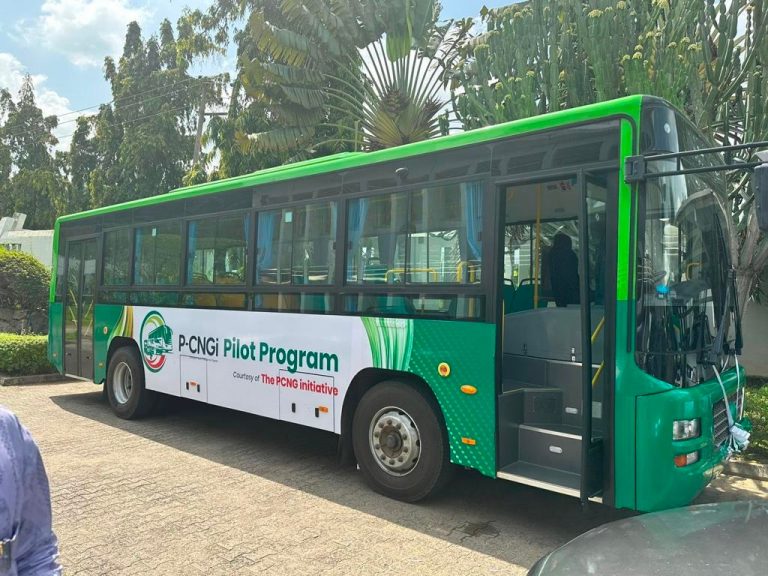
In a move towards cleaner energy and affordable transportation, Bayo Onanuga, the Special Adviser to the President on Information and Strategy, has announced that the federal government is set to inaugurate the first set of compressed natural gas (CNG) vehicles ahead of the Tinubu administration’s first anniversary on May 29.
Speaking from Abuja, Onanuga disclosed the Federal Government’s allocation of N100 billion from the N500 billion palliative budget towards the acquisition of 5,500 CNG vehicles, including buses and tricycles. Additionally, the allocation encompasses 100 electric buses and over 20,000 CNG conversion kits, with provisions for the expansion of CNG refilling and electric charging stations.
Under the stewardship of an expert committee led by Michael Oluwagbemi in the oil and gas sector, this initiative seeks to fulfill President Tinubu’s commitment to transitioning towards cleaner energy and environmentally friendly transportation alternatives.
Register for Tekedia Mini-MBA edition 19 (Feb 9 – May 2, 2026): big discounts for early bird.
Tekedia AI in Business Masterclass opens registrations.
Join Tekedia Capital Syndicate and co-invest in great global startups.
Register for Tekedia AI Lab: From Technical Design to Deployment (next edition begins Jan 24 2026).
Onanuga noted the substantial response from the private sector, with over $50 million invested in refueling stations, conversion centers, and mother stations.
He said in a statement: “After months of detailed planning and background work, the committee driving the initiative is set to deliver on President Tinubu’s vision and promise.
“Already, the committee, being led by Michael Oluwagbemi, an oil and gas expert, has delivered some major foundational reforms to enable the new CNG and Electric Vehicles future the President promised.
“All is now ready for delivery of the first set of critical assets for deployment and launch of the CNG initiative ahead of the first anniversary of the Tinubu administration on May 29.
“The private sector has responded with over $50 million in actual investments in refuelling stations, conversion centres, and mother stations.”
This collaboration between the government and private enterprises underlines the collective effort to promote the adoption of CNG vehicles and infrastructure.
The rollout of CNG buses and tricycles, coupled with the ambition to have at least one million natural gas vehicles on Nigerian roads by 2027, signifies a pivotal shift towards cleaner energy within the transportation sector. With potential emissions reductions of more than 40%, CNG vehicles align with Nigeria’s obligations under the Paris Climate Accord and contribute to global efforts to combat climate change.
CNG is said to be a more environmentally friendly fuel compared to other fuels. It produces up to 95% fewer harmful emissions or greenhouse gases, such as carbon dioxide, carbon monoxide, and nitrous oxide. For example, CNG emits 44% less carbon monoxide compared to the 80% emitted by burning petrol.
Drawing inspiration from other nations such as India, China, and Brazil, which have successfully deployed large fleets of natural gas-powered vehicles, Nigeria aims to reduce pollution and dependence on liquid petroleum products through the adoption of CNG technology.
The Presidential CNG Initiative, inaugurated in October 2023 following the removal of fuel subsidies, prioritizes the provision of more affordable, safer, and environmentally friendly energy solutions, particularly for mass transit. As the first set of CNG vehicles prepares for launch, Nigeria takes a significant stride toward realizing this vision.
Supported by substantial government funding and private sector investment, Nigeria hopes to achieve cleaner air, reduced emissions, and enhanced energy security as it embraces CNG vehicles as a key component of its transportation strategy.
CNG has a narrow range of flammability that varies from 5-15%. Due to its low flammability property, it lowers the chances of catching fire. However, a CNG car can easily reach its ignition temperature of 540 degrees Celsius while being used and can catch fire, raising concerns among Nigerian commuters about its safety.



